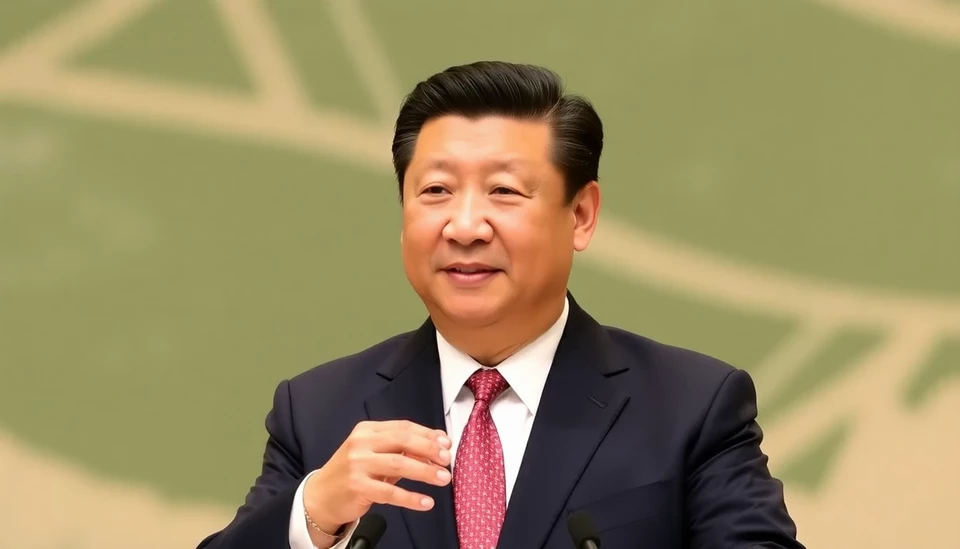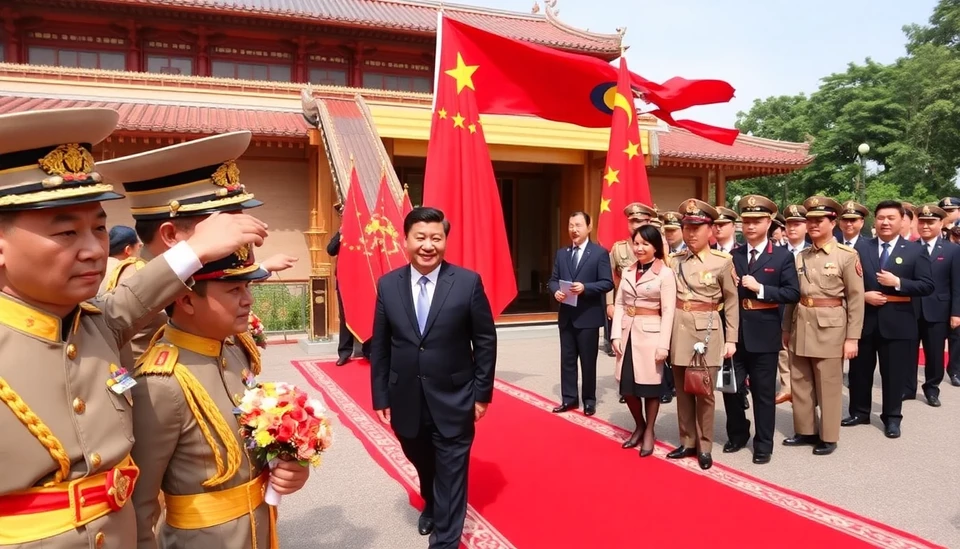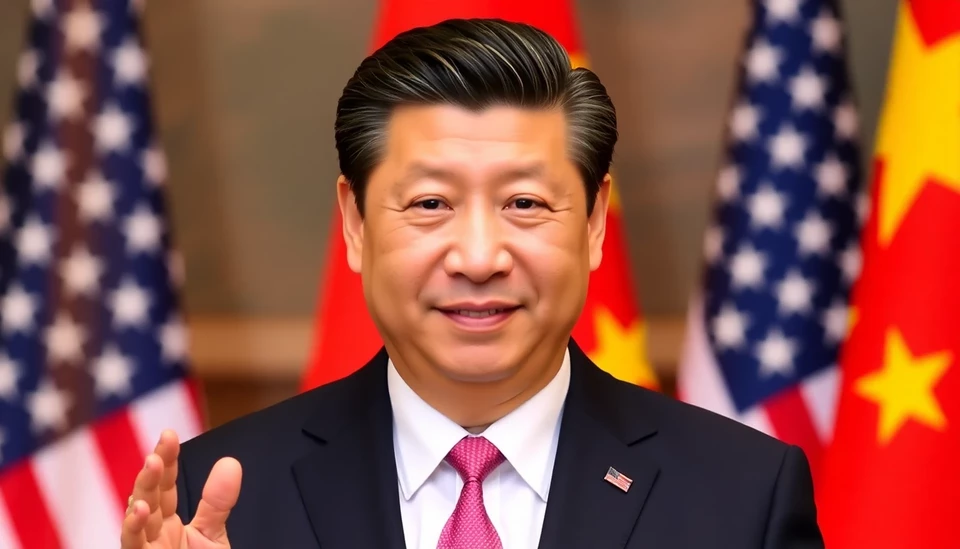
In a significant diplomatic visit aimed at bolstering economic ties between China and Malaysia, President Xi Jinping has been promoting increased Chinese investment in the Southeast Asian nation. This visit, which takes place amid a backdrop of shifting regional dynamics and economic uncertainty, is pivotal for both countries as they seek to deepen their cooperation in various sectors.
During his trip, Xi emphasized the importance of enhancing bilateral relations, highlighting Malaysia's strategic position in China’s Belt and Road Initiative. The President underscored that Malaysia serves as a crucial hub for trade and logistics within ASEAN, making it an attractive destination for Chinese investments. He expressed optimism about the potential for growth in areas such as infrastructure, green technology, and digital economy.
In meetings with Malaysian Prime Minister Anwar Ibrahim, Xi discussed specific projects and partnerships that could be developed to maximize mutual benefits. Anwar welcomed Xi's proposals, stating that the Malaysian government is keen on attracting foreign direct investment to stimulate economic growth and create jobs for its citizens. The leaders agreed on the necessity of collaboration in addressing common challenges, including climate change and public health.
Furthermore, Xi's trip includes engagements with business leaders, where he aims to foster a favorable environment for Chinese firms looking to expand their operations in Malaysia. The discussions are expected to cover various sectors including manufacturing, telecommunications, and renewable energy, areas where Malaysia is seeking expertise and funding.
As part of the commitment to deepen economic ties, both leaders also signed several agreements that pave the way for future collaboration, addressing concerns related to trade imbalances and regulatory frameworks. This visit signals a renewed focus on strengthening economic relations and enhancing regional stability in the face of global uncertainties.
Officials from both nations are hopeful that Xi's advocacy for Chinese investment will translate into tangible projects that benefit both economies. Analysts point out that as Malaysia looks to recover from economic setbacks, such partnerships could play a vital role in its recovery and growth trajectory.
Despite the positive tone of the visit, there are underlying concerns among some observers regarding the implications of increased Chinese influence in Malaysia. Critics argue that a surge in Chinese investment could lead to greater economic dependency, urging the government to ensure that local interests are protected amidst the influx of foreign capital.
Ultimately, Xi Jinping's visit is a clear indication of the evolving landscape in Southeast Asia, where collaboration between regional powers will be essential in confronting future challenges and harnessing opportunities for growth.
As both leaders look to the future, the outcome of this visit may set the tone for Malaysia-China relations going forward, impacting not only economic frameworks but also regional geopolitics.
#XiJinping #MalaysiaInvestment #BeltAndRoad #ChinaMalaysiaRelations #EconomicGrowth #SoutheastAsia #ForeignInvestment #China #Diplomacy
Author: Rachel Greene




